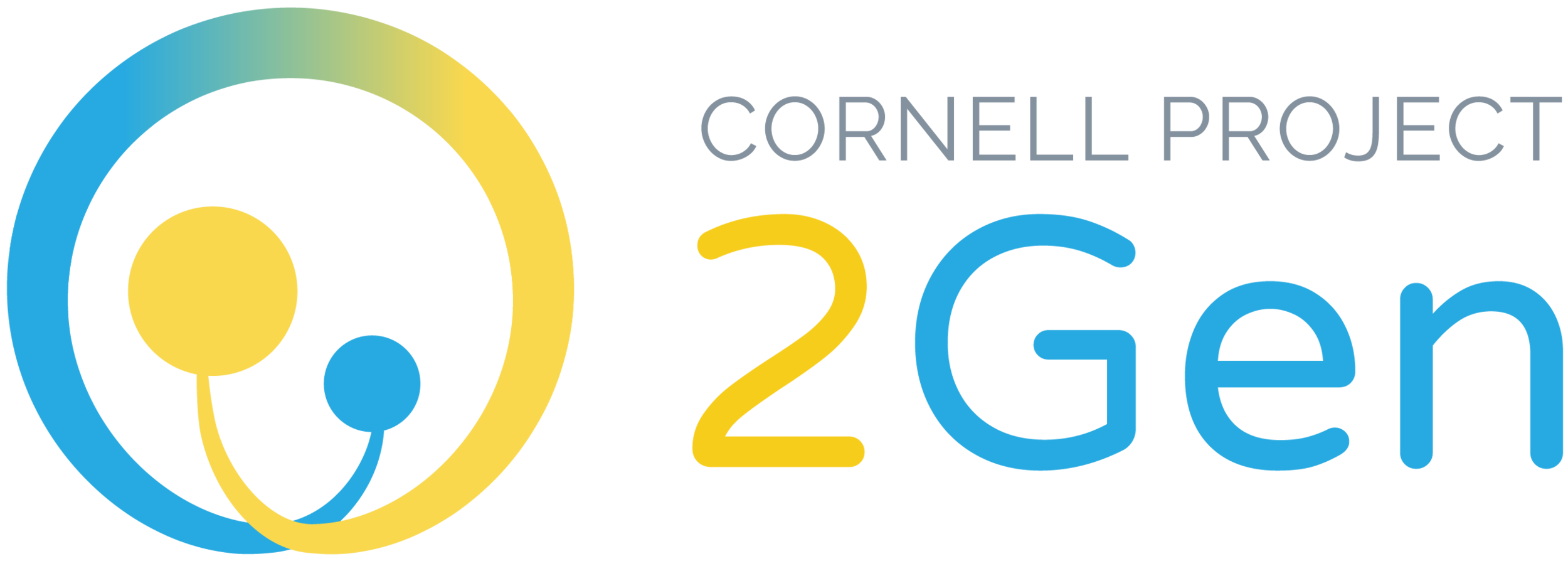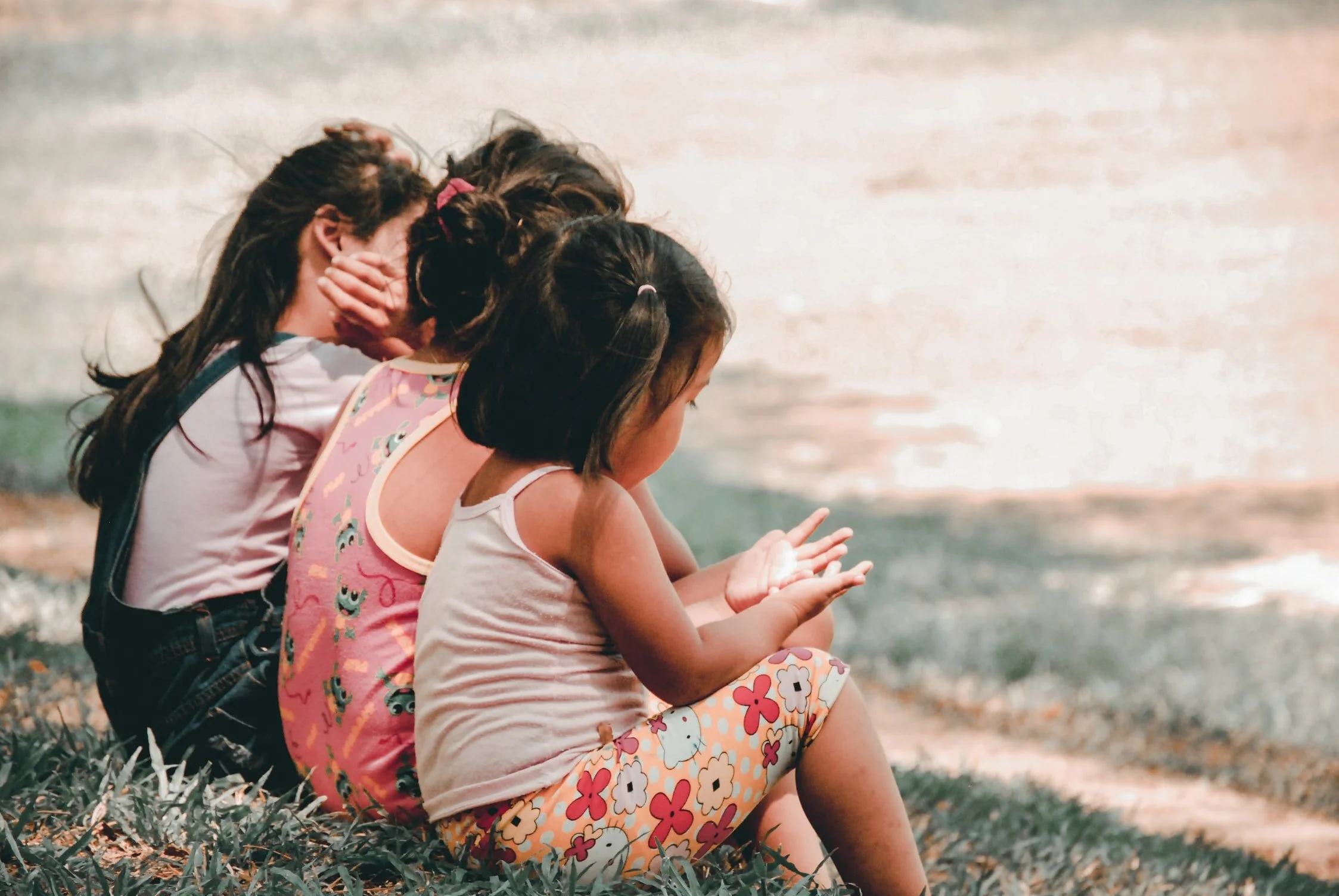The 2Gen team and Cornell Cooperative Extension-Tompkins discuss their research-practice partnership addressing the opioid epidemic.
Read MoreState-level child welfare policies and practices affect what can be referred, investigated, and substantiated as child maltreatment, and these institutional factors vary across states and over time.
Read MoreOur findings show the importance of attending to both housing status and household composition when studying children living in doubled-up households.
Read MoreInitial findings from interviews with parents involved in the Tompkins County Family Treatment Court and Strengthening Families Program.
Read MoreOver the past two years, Project 2Gen has grown, building collaborations locally, statewide, and nationally
Read MoreThis book examines the impact of inequality on children’s health and education, and offers a blueprint for addressing the impact of inequality among children in economic, sociological, and psychological domains.
Read MoreIn this qualitative study, semistructured, face-to-face interviews were conducted with 123 legislators in 2 states, 32 legislators nominated by colleagues as exemplar research users, and 13 key informants.
Read MoreWe discuss applications of our three key decisions and draw implications for researchers interested in building research‐based, family‐focused public policy.
Read MoreThis report examines how trends in the opioid crisis have affected New York families and children.
Read MoreMaureen Waller et al. examine how and why child support debt presents a variety of problems for low-income, non-custodial parents.
Read MoreAnna Haskins examines how paternal incarceration can be associated with less school-based involvement.
Read MoreMarianella Casasola and Ana Maria Cañas investigate how parents understand their role in their children’s cognitive development.
Read More











